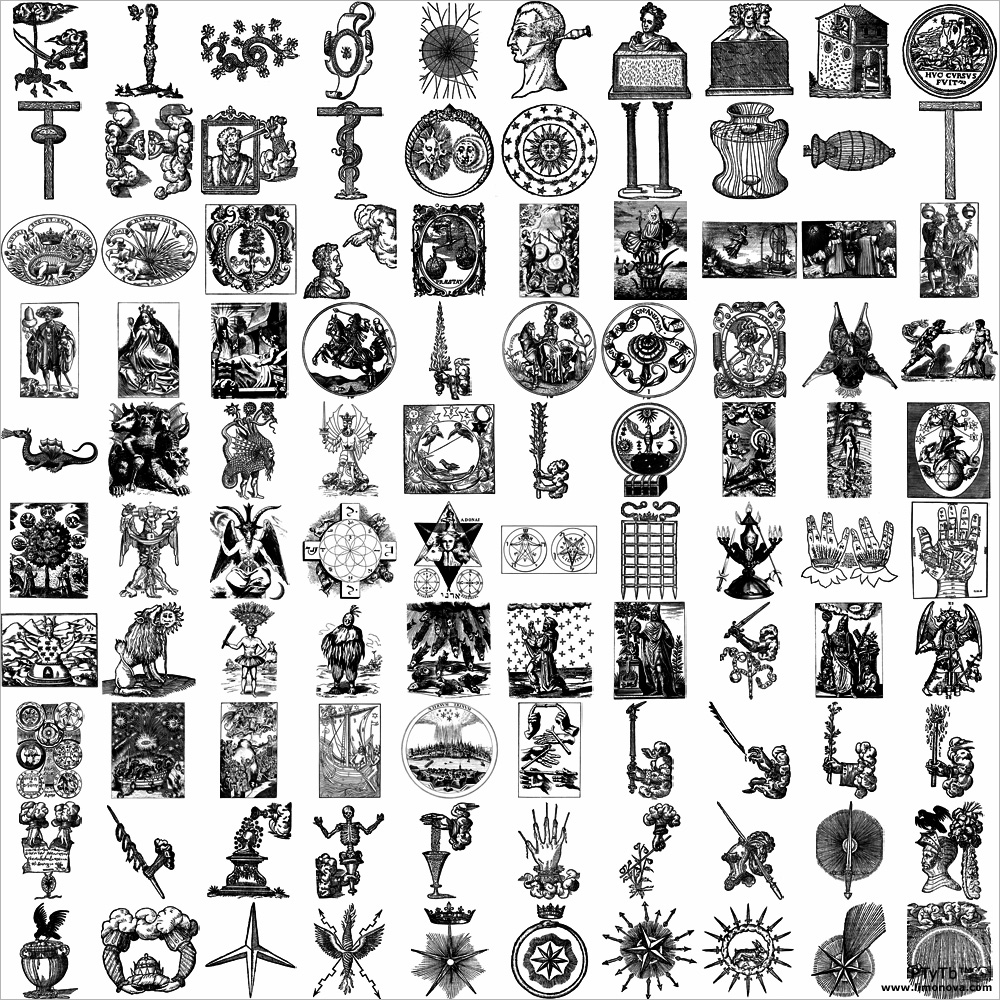p. 415
First Part of the Code of the Illuminees
By the appellation of Brother Insinuator, is to be understood the Illuminee whose peculiar office is to make proselytes for the Sect. Some brethren were more particularly instructed for that end; they might, indeed, be called the Apostles or Missionaries of the Order, being those whom the superiors sent to the different towns and provinces, and even into distant countries, to propagate its doctrines and to establish new Lodges. These had received, in addition to the common rules, farther instructions peculiar to the higher degrees. “These (as Weishaupt writes) may sometimes be the most imbecile, and at other times the most ingenious of the Brotherhood.” From the former he can depend on a blind obedience to the rules he lays down, which are never to be deviated from; and with respect to the latter, provided they be zealous and punctual, should they even transgress any of the laws, it would not be in such a manner as to commit either their own safety or that of the Order; and they would soon make amends for their indiscretion by some new artifice. But, whatever may be the sense of the Illuminee, he is obliged once or twice in his life to act the part of Brother Insinuator, and that with a certain success, by the acquisition of two or three proselytes, under pain of perpetually remaining in the lower degrees. Some Brethren of high rank may have been dispensed from this formality; but as to the generality of them there exists a positive law on that point. 1 To stimulate the zeal of the Brethren, the Insinuator is by the laws of the code established superior over every novice that he has gained to the Order: It is expressed as follows: “Every Illuminee may form to himself a petty empire; and from his littleness, emerge to greatness and power.” 2
Such then is the first duty imposed upon every Illuminee for the propagation of the Sect; and this is the part which first claims our attention, in order that we may be able to form an idea of the immensurable powers of Weishaupt for seduction.
This part may be said to be subdivided into three. The rules laid down are, first, those which are to guide the Brother Insinuator in the choice of persons to be admitted or excluded; then follow those which are to teach him how to entice into the order those persons whom he has judged proper for it;
p. 416
and lastly come those rules and arts by which novices are to be formed, and even involved in Illuminism before they are officially admitted.
In order to judge of the qualifications of the persons whom he may enlist, every Illuminee is to begin by procuring tablets, which he is to keep in the form of a Journal; and this is his Diary. Assiduously prying into every thing that surrounds him, he must vigilantly observe all persons with whom he becomes acquainted, or whom he meets in company, without exception of relations, friends, enemies, or entire strangers; he must endeavour to discover their strong and their weak side; their passions and prejudices; their intimacies, and above all, their actions, interests, and fortune; in a word, every thing relating to them: and the remarks of every day he must enter in his Diary.
A twofold advantage is to be reaped from these particulars of information; first, by the Order in general and its superiors; secondly, by the adept himself. Twice every month he will make a general statement of his observations, and he will transmit it to his superiors. By these means the Order will be informed what men, in every town or village, are friendly or inimical to it. The means of gaining over the one or destroying the other will naturally occur. With respect to the Insinuator, he will learn how to judge of those who are proper persons to be received or rejected, and he will carefully insert his reasons for the admission or rejection of those persons in his monthly statements. 3
The Recruiting Brother will carefully guard against giving the most distant hint that he is an Illuminee. This law is peremptory for the Brethren, but more particularly for all the Insinuators, whose success may often essentially depend on it. It is to them that the legislator so strongly recommends all that exterior of virtue and of perfection, that care of shunning all public scandals which might deprive them of their ascendancy over the minds of those whom they seek to entice into the Order. 4 The law expressly says, “Apply yourselves to the acquiring of interior and exterior perfection;” but lest they should conceive that this perfection even hinted at the mastering of their passions, and at renouncing the pleasures of the world, he adds, “Attend particularly to the art of dissembling and of disguising your actions, the better to observe those of others, and to penetrate into their inmost thoughts. “Die kunst zu erlernen sich zu verstellen, andere zu beobachten, and aus zu forschen.” It is for that reason that these three great precepts are to be found in the summary of the Code: hold thy tongue—be perfect—disguise thyself—almost following each other in the same page, and serving as an explanation of each other. 5

Moe is the founder of GnosticWarrior.com. He is a father, husband, author, martial arts black belt, and an expert in Gnosticism, the occult, and esotericism.

![That there was in her monastery a brother, on whom a gift of song was bestowed by Heaven [680 A.D.] | Book 4 | Chapter 24 That there was in her monastery a brother, on whom a gift of song was bestowed by Heaven [680 A.D.] | Book 4 | Chapter 24](https://www.gnosticwarrior.com/wp-content/plugins/contextual-related-posts/default.png)






